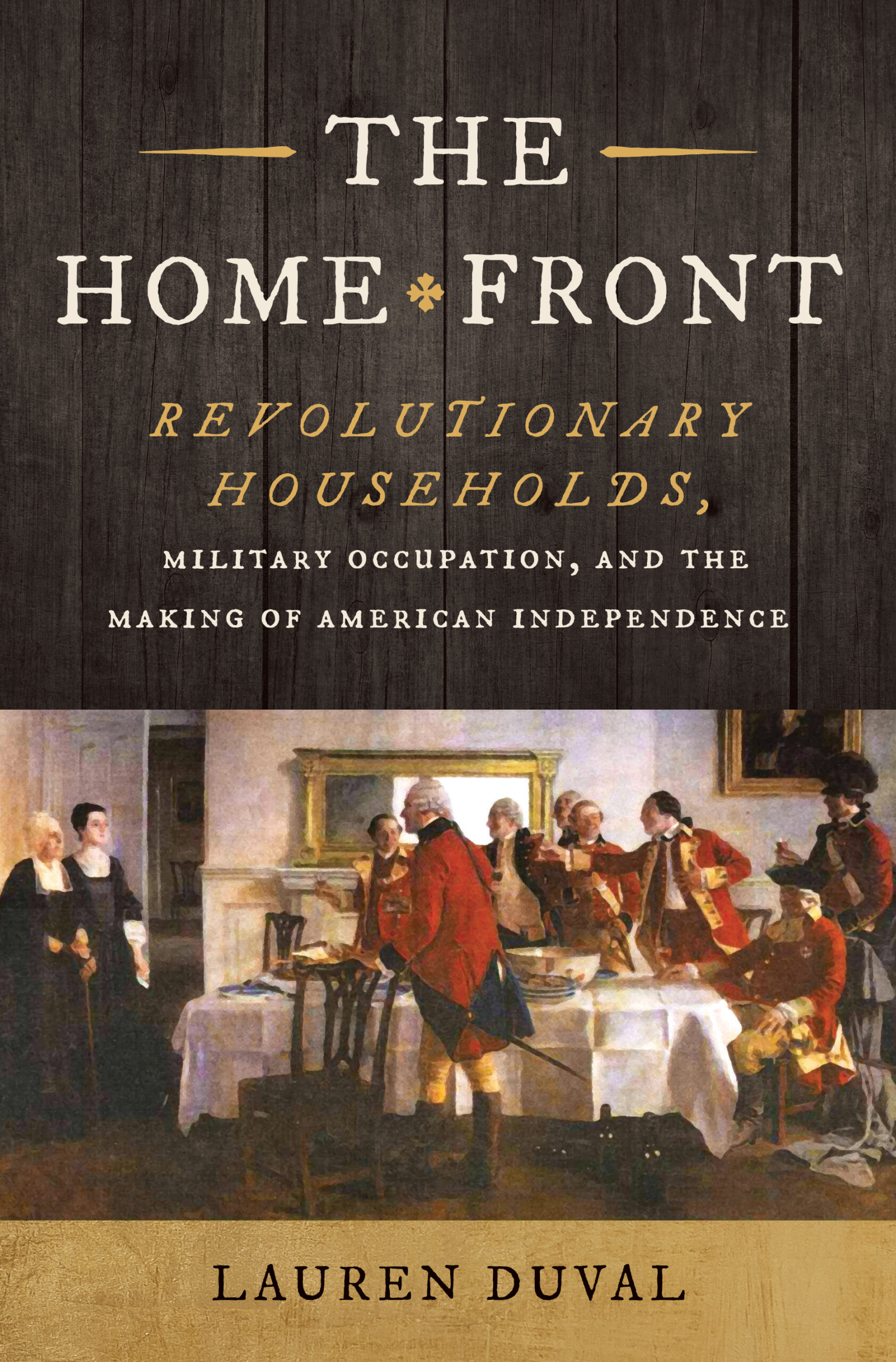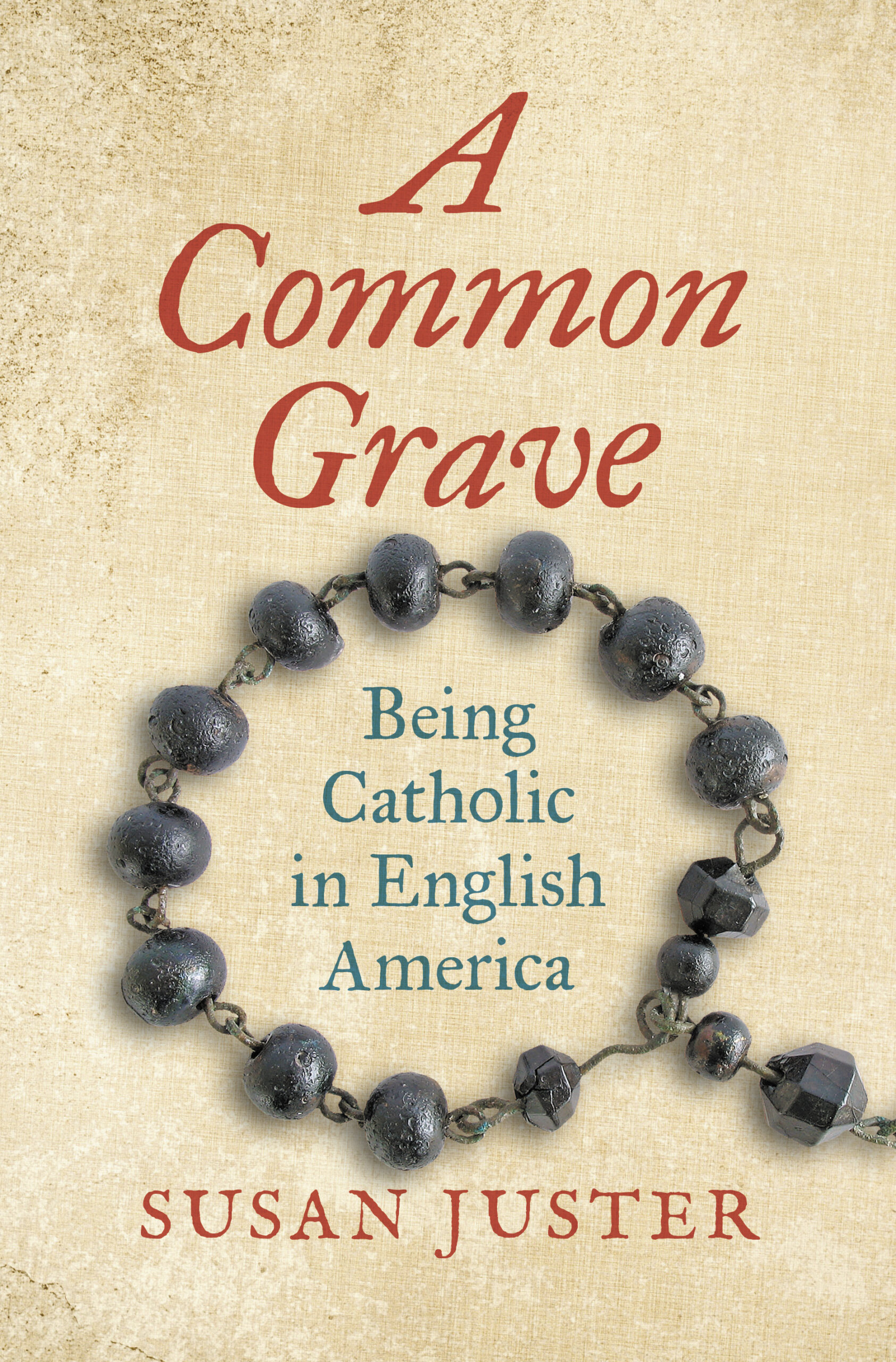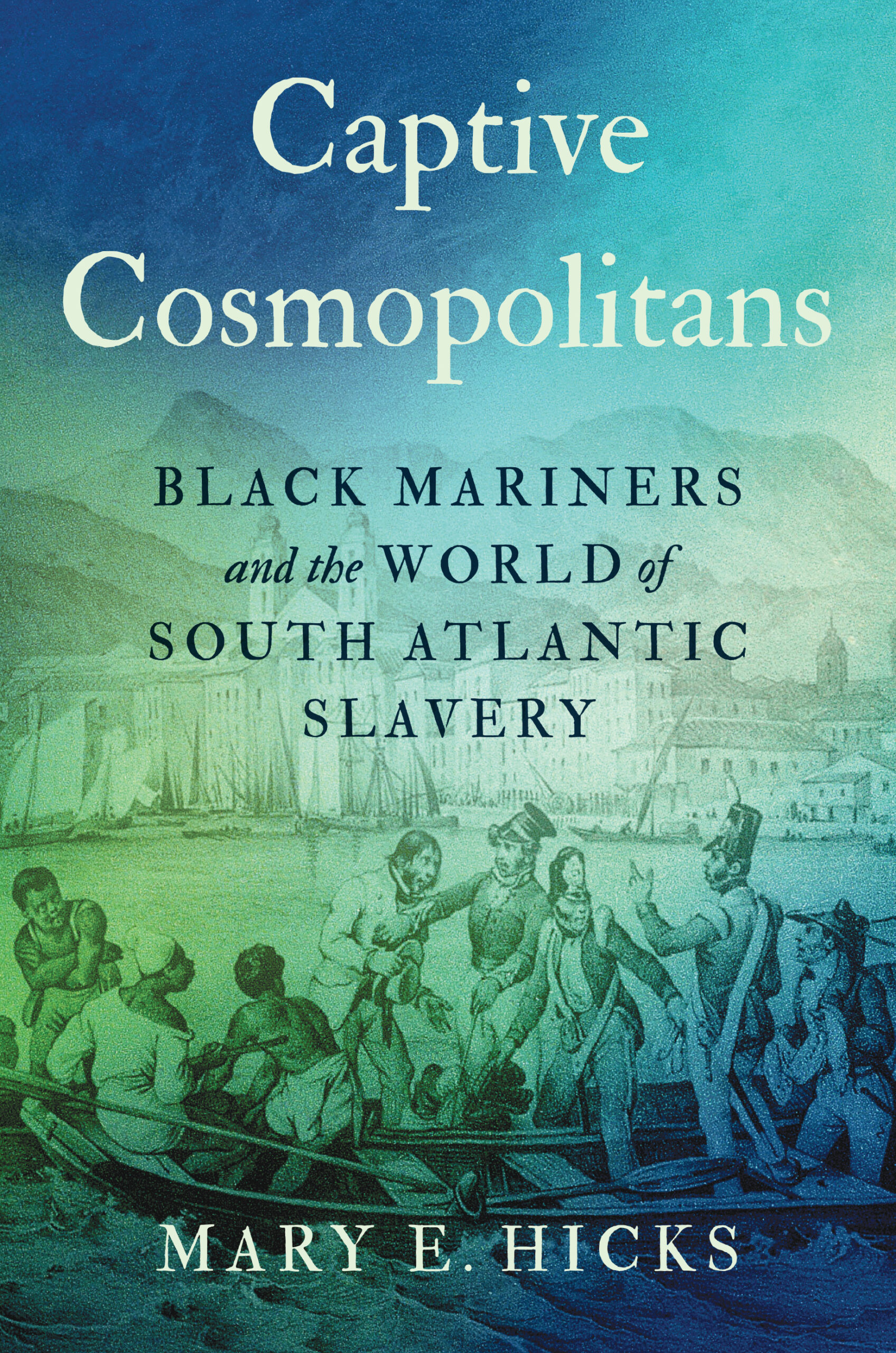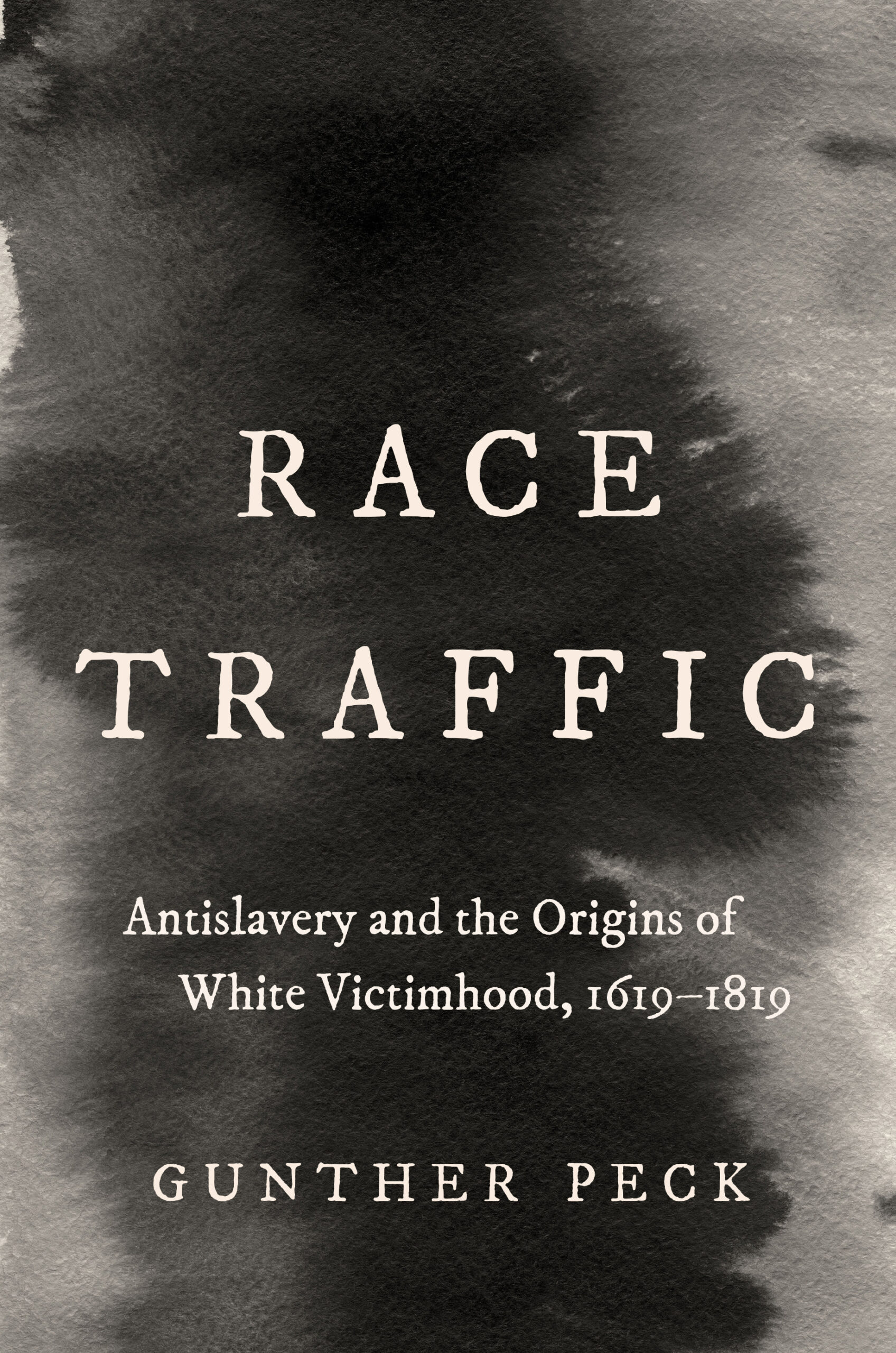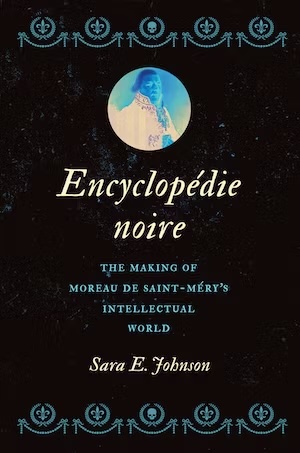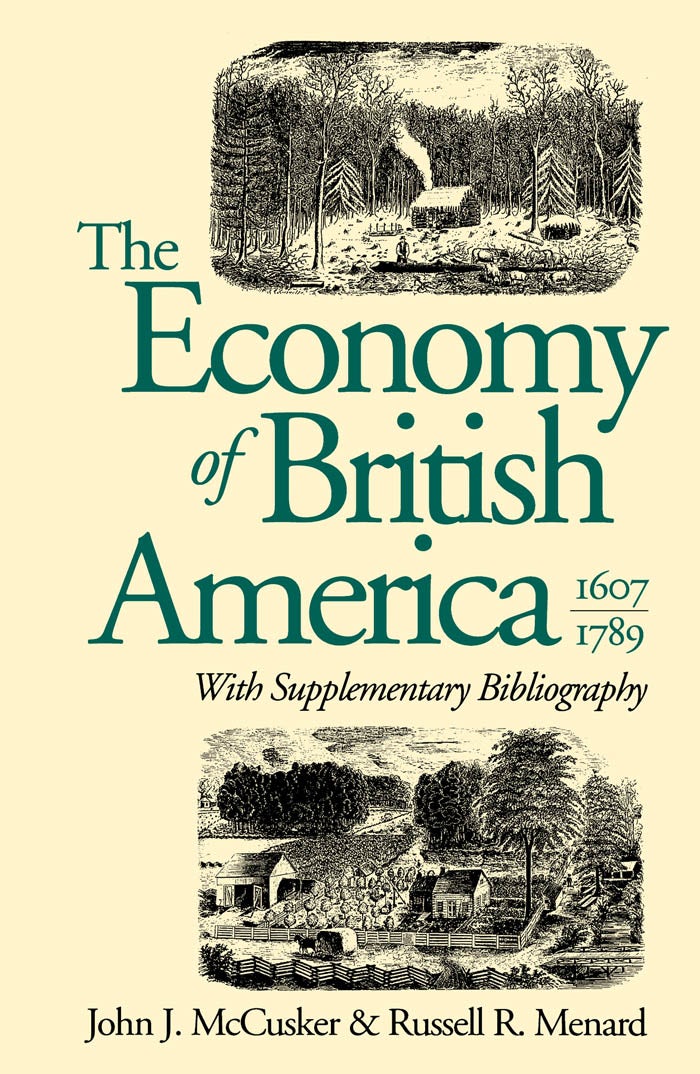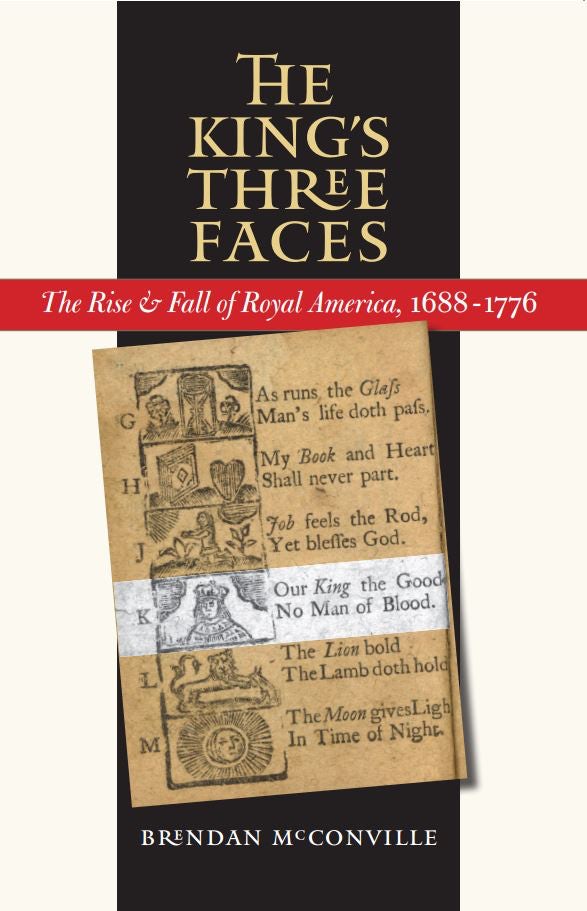
The King's Three Faces
Description
Reinterpreting the first century of American history, Brendan McConville argues that colonial society developed a political culture marked by strong attachment to Great Britain’s monarchs. This intense allegiance continued almost until the moment of independence, an event defined by an emotional break with the king. By reading American history forward from the seventeenth century rather than backward from the Revolution, McConville shows that political conflicts long assumed to foreshadow the events of 1776 were in fact fought out by factions who invoked competing visions of the king and appropriated royal rites rather than used abstract republican rights or pro-democratic proclamations. The American Revolution, McConville contends, emerged out of the fissure caused by the unstable mix of affective attachments to the king and a weak imperial government. Sure to provoke debate, The King’s Three Faces offers a powerful counterthesis to dominant American historiography.
About The Author
Brendan McConville is professor of history at Boston University and author of These Daring Disturbers of the Public Peace: The Struggle for Property and Power in Early New Jersey.
Reviews
“Expands commonplace observations about the political tactics of resistance and revolution into a revisionist view of eighteenth-century American development. . . . An interesting book.”–International History Review
“Salient and compelling. . . . An important contribution to the field of colonial American history.”–New England Quarterly
“Inspires a string of adjectives: provocative, original, clever, iconoclastic, and querulous.”–American Historical Review
“A worthwhile book for anyone with a solid interest in the early US. . . . Highly recommended.”–CHOICE
“This innovative and thought-provoking book should be required reading for all those with an interest in the British Atlantic world. It will surely be central to any future discussions of early American politics, religion, popular culture, and the coming of the Revolution.”–Pennsylvania Magazine of History
“Creative and erudite. . . . Its new perspectives makes it all the more stimulating for historians of early America and beyond.”–William and Mary Quarterly
“This well-researched and scrupulously detailed work. . . . is an insightful and provocative read, challenging our attitudes and assumptions about the mind-set of American Colonists.”–Library Journal
“Here is a work so controversial that some will barely be able to sit still as they turn the pages. We are challenged to think of late colonial America as not proto-republican but devoutly committed to British monarchy. Very well written, McConville’s ambitious new paradigm may see this become the most important book on colonial and revolutionary political culture since Bailyn’s Ideological Origins.”–Rhys Isaac, Emeritus, LaTrobe University, and College of William and Mary
“McConville beams new light on the royalist side of colonial political culture over three eras. In the wake of 1688, he argues, Americans formed direct political and emotional ties to their Protestant queens and kings, leading to ‘a cult of benevolent monarchy.’ But as perceptions of the king deteriorated, and finally shattered, rebellious Americans reacted like jilted lovers–tearing down statues and royal symbols in a spasm of anti-monarchical passion. McConville’s imaginative restructuring of provincial politics around a royalist core will foster both interest and debate.”–Patricia U. Bonomi, Emerita, New York University
“This study, highly original in both conception and content, may well restore political change to a central place in the historiography of colonial America. McConville argues that the British colonists were, by the middle decades of the eighteenth century, more thoroughly royalist than the king’s subjects in England, Scotland, or Ireland. How and why this royalism eroded becomes a major part of the story and is certain to intensify the controversy that the first part of McConville’s argument is bound to arouse.”–John M. Murrin, Emeritus, Princeton University
